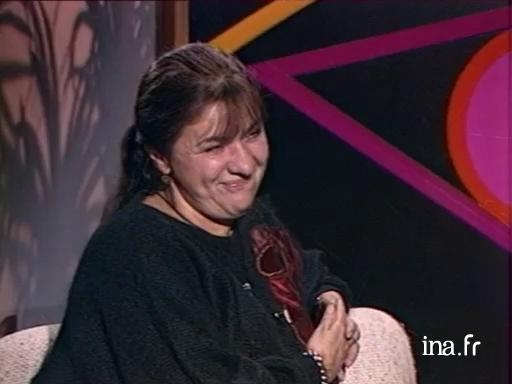Marta Meszaros

Information
Hungarian film-maker Marta Meszaros presents her film Journal Intime, which won the special Jury Prize award at the 1984 Cannes festival.
Context
Born in 1931 and a director of feature length fiction films since 1968, Márta Mészáros wasn't an unknown to international critics when Journal Intime, blocked for two years inside of Hungary, won the Grand Prize at the 1984 Cannes Festival: Adoption (1975) won the Golden Bear award at the Berlin festival and Neuf Mois (1976) won the Fipresci prize in Cannes.
The only Hungarian filmmaker whose films have circulated abroad, she shot eight fiction films non-stop, between 1968 and 1979, in settings of political repression and economic constraints, "ordinary stories", she says, "but where the protagonists are women". Semi-autobiographical, the series that she launched in 1984 with the black and white Journal Intime was followed by three other colour films, Journal à Mes Amours, Journal Pour Mon Père et Ma Mère and La Petite Vilma: le Dernier Journal (titles translated from Hungarian). She combines intimate stories with politics, showing events through the eyes of a young girl who went back to Hungary after the war, following the death of her parents, and confronted with a post-Stalinist society where suspicion runs rampant.




